It has been five years since Death Stranding released. It’s been five years since Hideo Kojima’s eponymous studio Kojima Productions both astounded and disappointed millions waiting for the next big thing since Metal Gear Solid died.
Death Stranding isn’t Metal Gear Solid—not even close. It’s a game about, essentially, delivering packages, maintaining cargo, and walking—lots and lots of walking. There’s almost no combat in the game, and what little combat there is lacks the complexity of Metal Gear’s stealth-action gameplay. Kojima traded poignant political thriller storytelling and high-stakes espionage for full-on science fiction and magical realism, which buttresses a story about humanity, and how humans can deal with one another. It’s the best game ever made. Or, maybe it’s one of the worst.
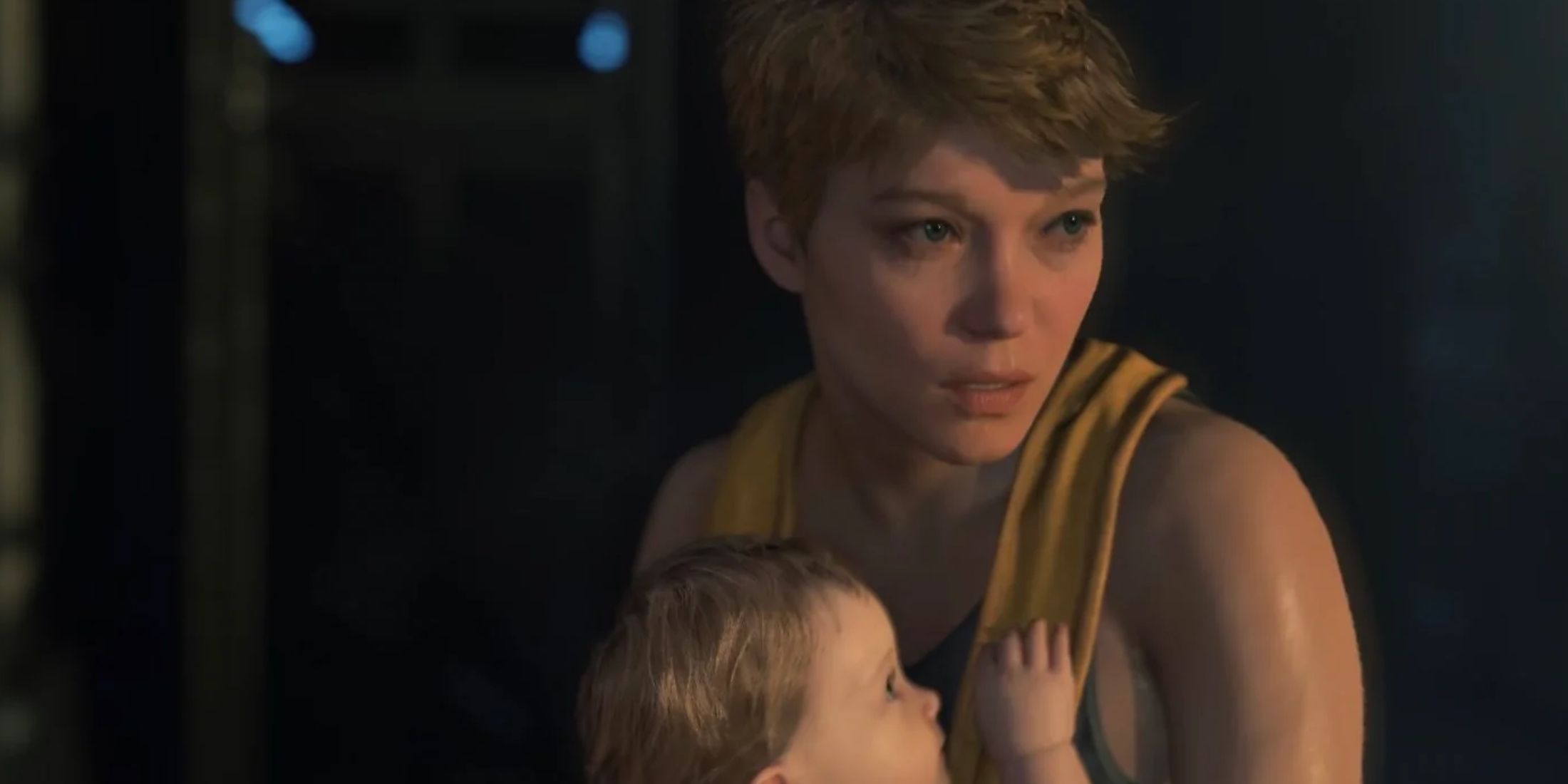
Related
Death Stranding 2’s Latest Confirmed Feature is a Huge Step Toward Accessibility
Hideo Kojima recently shed light on an exciting new feature included in Death Stranding 2 that could prove to be a game-changer.
Death Stranding: Remembering a Shamelessly Bold Video Game
Death Stranding Wasn’t What Anyone Expected
Born from the ashes of the tragically abandoned P.T., Death Stranding was sold nearly entirely on the back of Kojima’s prestige. Joined by A-list celebrities like Norman Reedus, Guillermo del Toro, and Mads Mikkelsen, the game was as star-studded and tantalizing as it was confounding, its trailers doing little to illuminate its cerebral story and unconventional gameplay. Nevertheless, audiences were hooked by its striking photorealistic graphics, Iceland-inspired world design, and typical “Kojima-isms,” like a baby carried on the protagonist’s chest and an ocean-themed otherworld.
When it finally did release, Death Stranding‘s bizarre story and gameplay left many players scratching their heads. No one was bait-and-switched—the pre-launch gameplay footage was consistent with the final product—but that was the point: it was hard to believe that 90% of the game was actually comprised of simply walking from point A to point B. Detractors argued that this premise was a disappointing step down from the fast-paced and open-ended freedom of Kojima’s last project, Metal Gear Solid 5, and the lore-heavy story was also slammed for being needlessly convoluted and obtuse.
Absurd dialog is also a commonly criticized aspect of
Death Stranding
‘s story, with the infamous “Princess Beach” line being especially teased.
Death Stranding Succeeds Despite Its Oddities
No one can argue that Death Stranding isn’t a weird game. It bucks many of the trends that one would associate with AAA gaming, like combat and fast-paced gameplay, but in doing so, it provides a truly singular experience that can’t be found anywhere else. Death Stranding‘s micromanaging gameplay, where meticulous gear maintenance and route-planning are crucial for success, strikes a strong balance between soothing and engaging, as players are faced with the immensity of what was once America, tasked with rebuilding it one step at a time. And it’s narrative, while certainly theatrical and bizarre at times, is inventive, clever, and moving.
Death Stranding had the misfortune (or perhaps benefit) of launching right before a global pandemic. As such, many of its narrative themes, like isolation and the gradual deterioration of intimate human relationships, strike resounding chords that they perhaps wouldn’t have otherwise. Nevertheless, the game hones in on very real human struggles of loneliness, grief, and disillusionment, being far more emotionally relevant and, ironically, grounded, than the long-running political story of the Metal Gear franchise.
Kojima Productions bound up a thick, tangled ball of yarn with Death Stranding, and it might never be fully unraveled, but the game does so much right. More than anything, it’s an immeasurably important project for its boldness alone, as it dares to be unconventional, even to a fault, in an industry dominated by trite designed-by-committee releases, finely tuned to be as inoffensive and, ultimately, bland as possible. As the saying goes, a game for everyone is a game for no one, and Death Stranding is certainly not a game for everyone. But for those who connect with it, it’s a remarkable journey, and an undoubtedly triumphant rebound for Kojima.
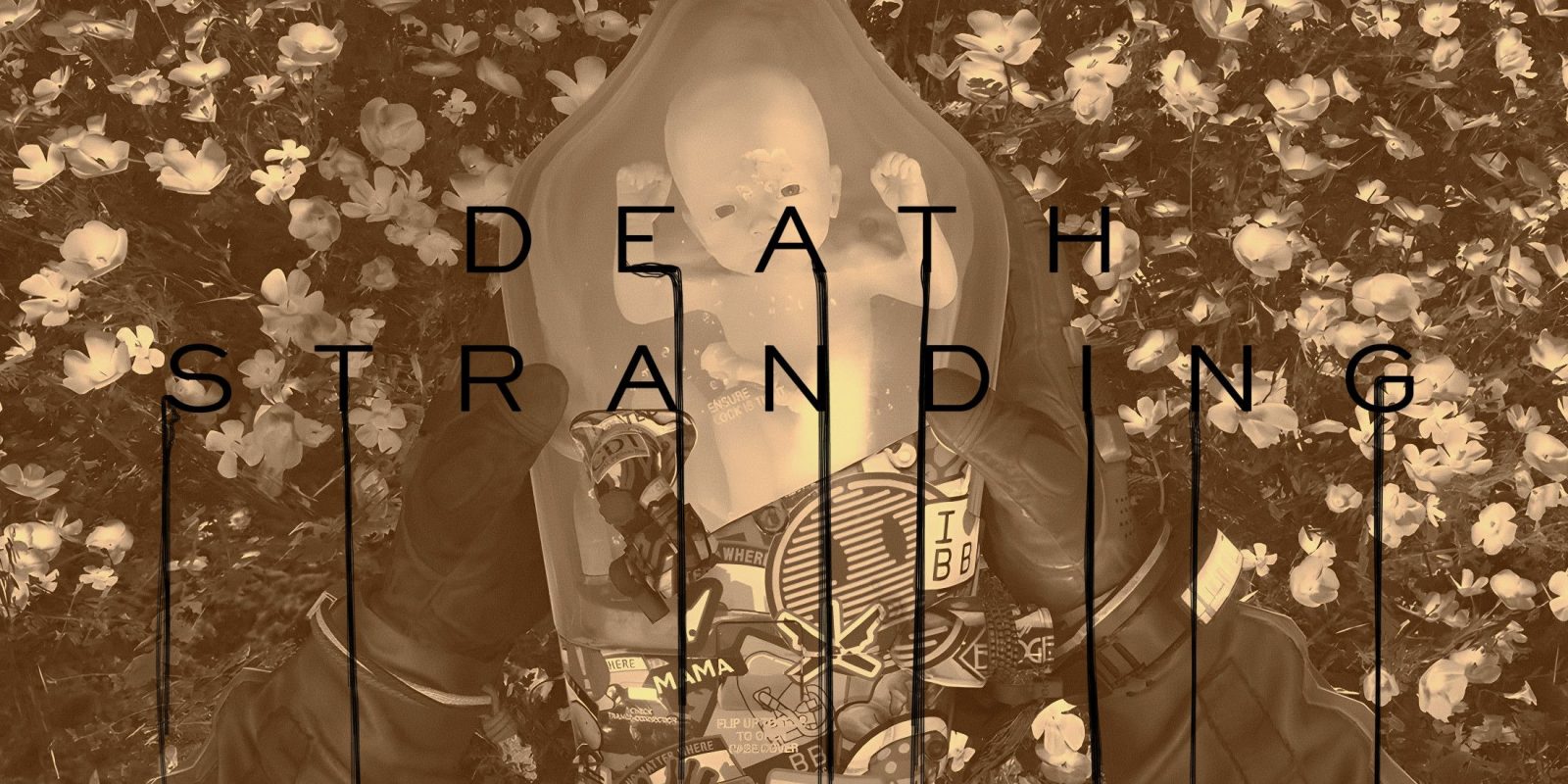
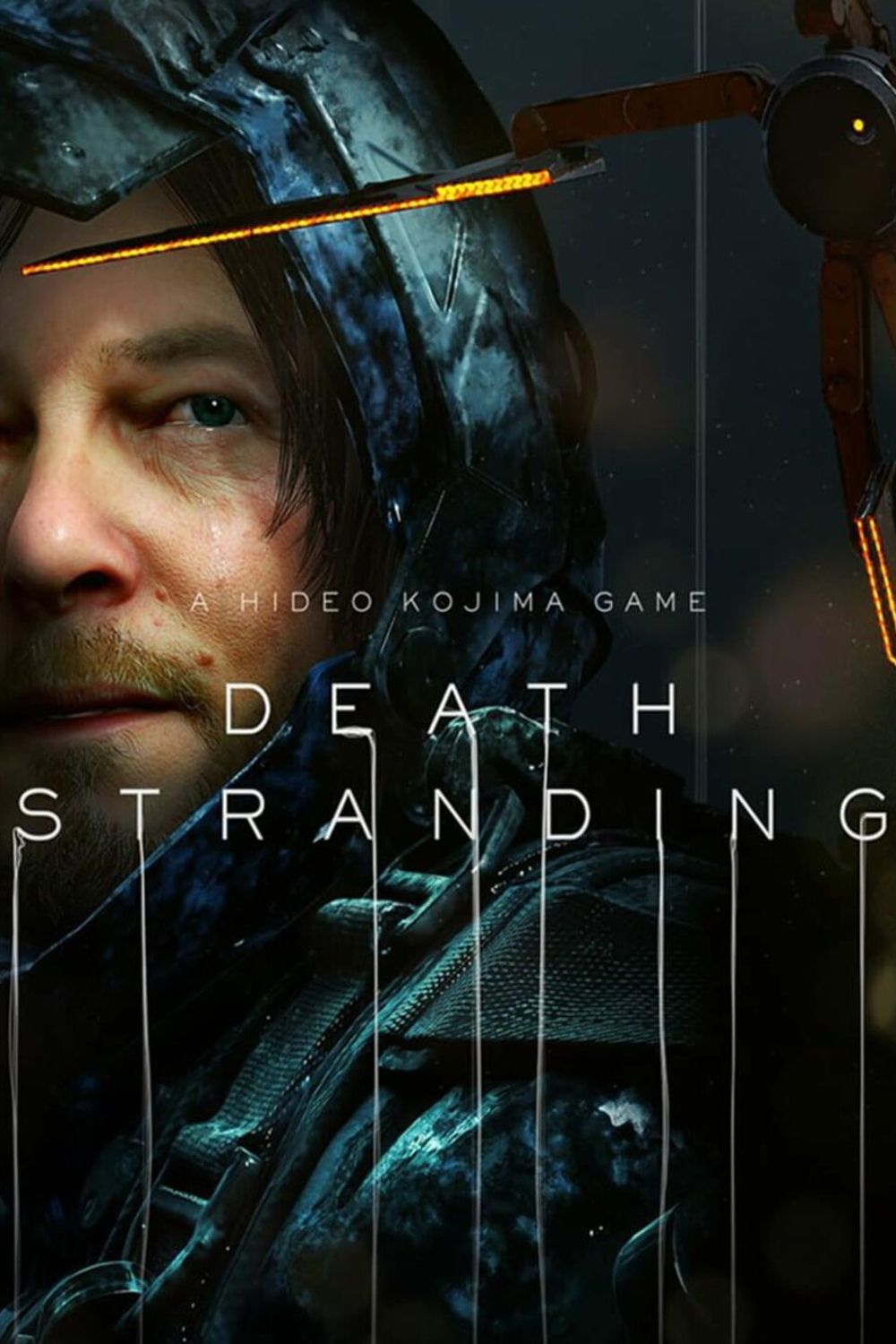



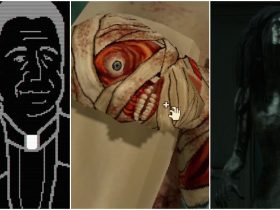
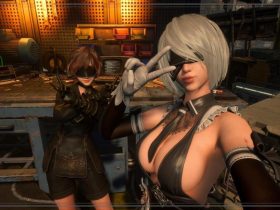


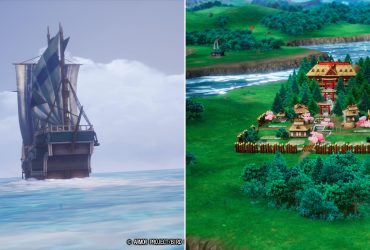

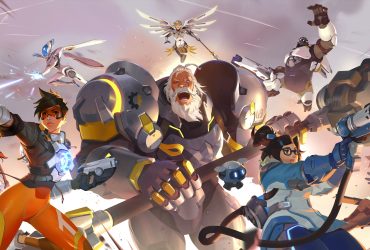
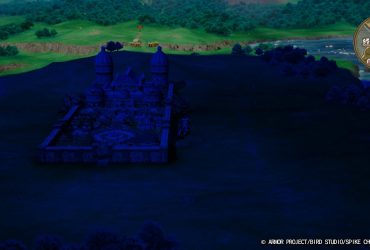

Leave a Reply